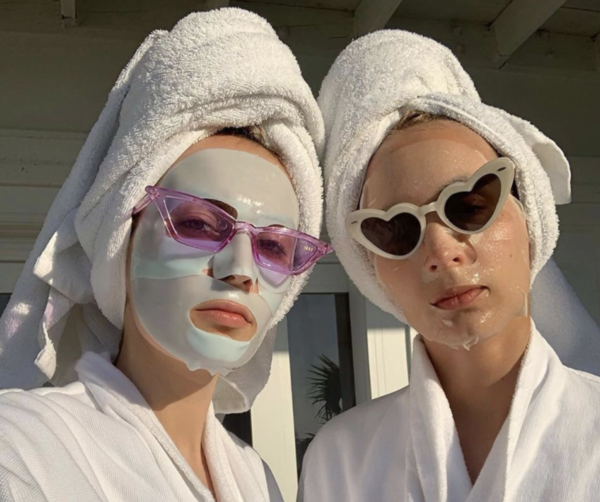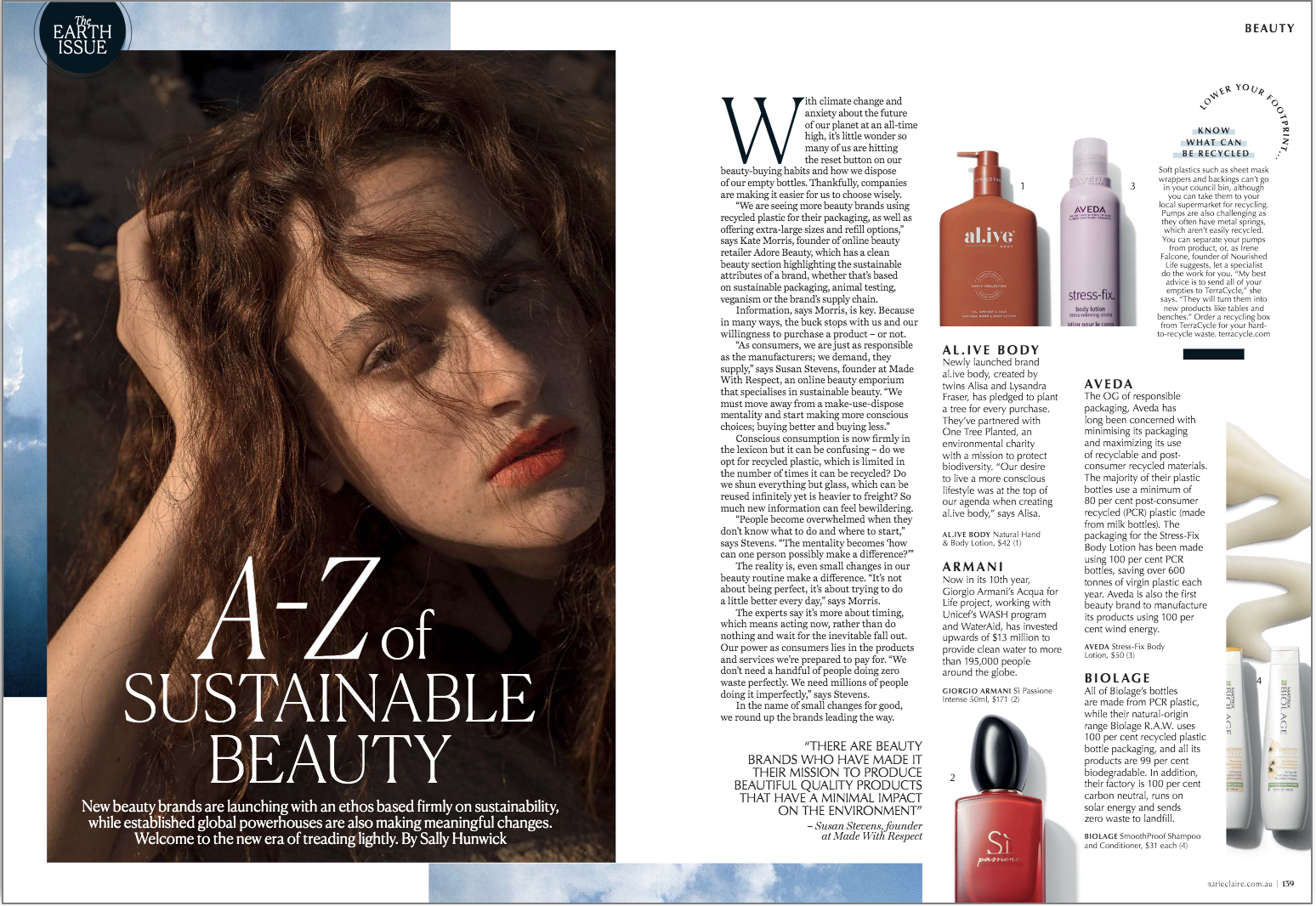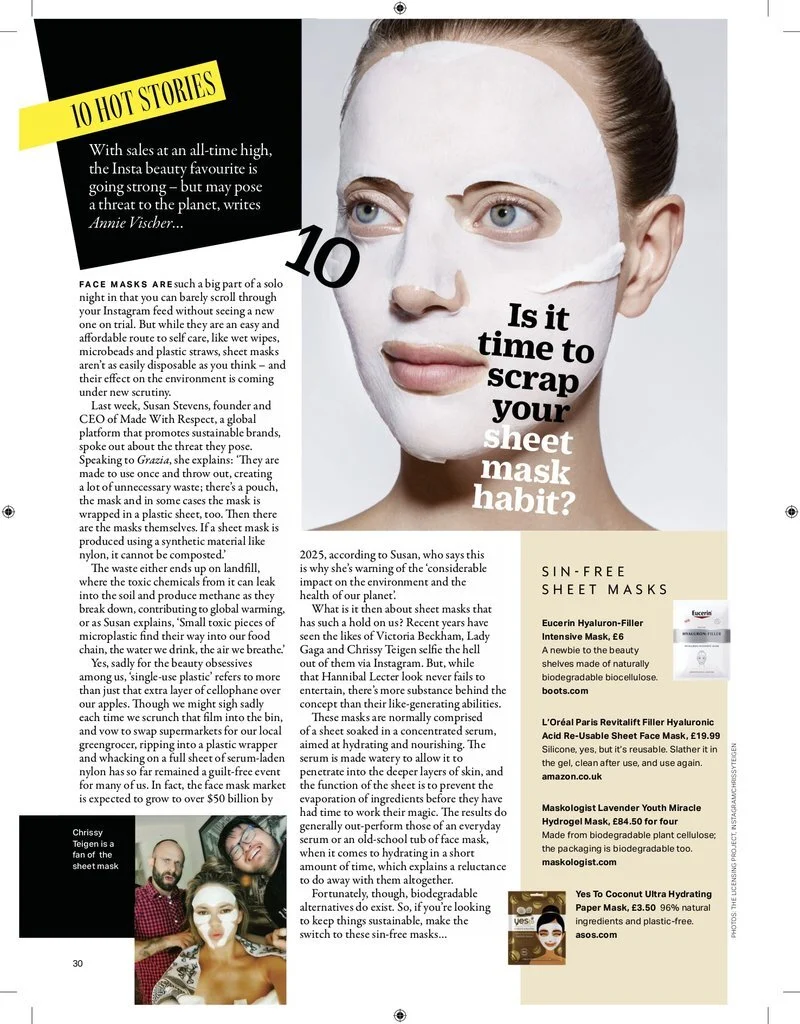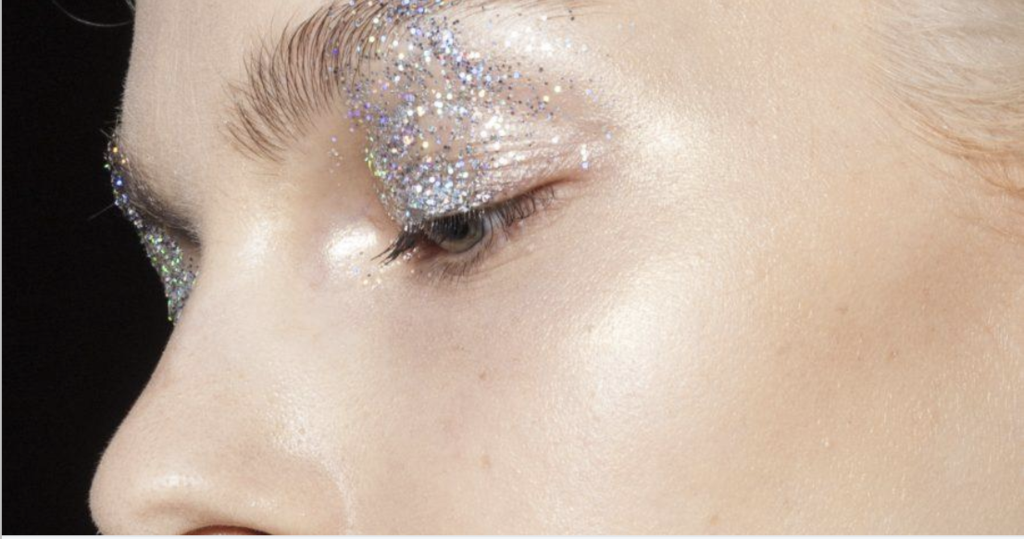IN THE MEDIA










Seven reasons to invest in vegan clothing this winter and beyond
Our consumption habits and the brands we use on a daily basis is one of the key aspects which influence the global market. As consumers, we have significant influence and can actively be part of the solution by choosing sustainable, vegan alternatives over fast-fashion brands.
why you should think twice about using sheet masks regularly
“Usually, none of these components are recyclable and all of them end up in the rubbish—at best, in a landfill; at worst, in the ocean,” Susan Stevens, the founder and CEO of Made With Respect, explains…
Is This The End Of The Sheet Mask?
“Over hundreds of years, these materials break up into microplastic particles or break down and release greenhouse gasses, eventually polluting the air, water, soil, and bodies of all living beings, humans included”, Susan Stevens, the founder of Made With Respect adds…
Is it true that fabric masks harm the environment?
Waste either ends up in a landfill where toxic chemicals from the masks can leak into the soil and produce methane, contributing to global warming, or as Susan Stevens, founder of Made With Respect, explains, “small toxic pieces of microplastic get into our food chain: the water we drink, the air we use breathing”…
The A-Z of Sustainable Beauty
“As consumers, we are just as responsible as the manufacturers; we demand, they supply,” says Susan Stevens, founder at Made With Respect. “We must move away from a make-use-dispose mentality and start making more conscious choices; buying better and buying less”…
How to give life to your closet without taking it away from the planet
According to Susan Stevens, founder of Made With Respect, 80 million pieces of clothing are consumed around the world annually, but most people regularly only wear 20 percent of their wardrobe…
5 Best New Sustainable Stores You'll Want To Spend At
Shopping online is an amazing way to buy ethically. You can browse at your leisure and easily weigh up prices, products and principles. These gorgeous new online stores have everything you need to stay fully sustainably stocked. Made With Respect’s focus falls on protecting the planet, its species and its inhabitants…
Is It Time to Scrap Your Sheet Mask Habit?
While sheet masks are an easy and affordable route to self care, like wet wipes, microbeads and plastic straws, sheet masks aren’t as easily disposable as you think. “The face mask market is expected to grow to over $50 billion by 2025”, Susan Stevens, founder of Made With Respect, says, “this is why she’s warning of a considerable impact on the environment and health of our planet”…
Are Sheet Masks the New Plastic Straws?
“Beauty products made to use once and throw out, like makeup wipes and sheet masks, create a lot of unnecessary refuse,” Susan Stevens, the founder of Made With Respect, tells Vogue. “Usually, none of the components are recyclable and all of them end up in the trash post sheet-masking session, making it one of the more wasteful things one can do in 20 minutes or less”...
I now declare glitter makeup cancelled (but not for the reason you think)
“Microplastics are very small plastic fragments, less than five millimeters long,” explains Susan Stevens, the founder of Made with Respect. The problem with plastics of this size is that they’re too small to get filtered out in water treatment plants—so when you wash them off your face (or hair, or body), they “end up in our waterways, contributing to the pollution of rivers, lakes, and oceans”…
Made With Respect
Based in New Zealand, Made With Respect is a sustainable platform with a goal of helping to create a better future through educating & informing consumers that beautiful products shouldn’t cost the earth…
Sustainable Jungle Podcast #39 · Susan Stevens · Shining a Light on Sustainable Brands
Susan Stevens is the founder of Made With Respect, an online platform that supports sustainable brands. Susan is passionate about being part of the solution in protecting the precious resources around her that are often taken for granted by encouraging consumers to make more conscious choices…












